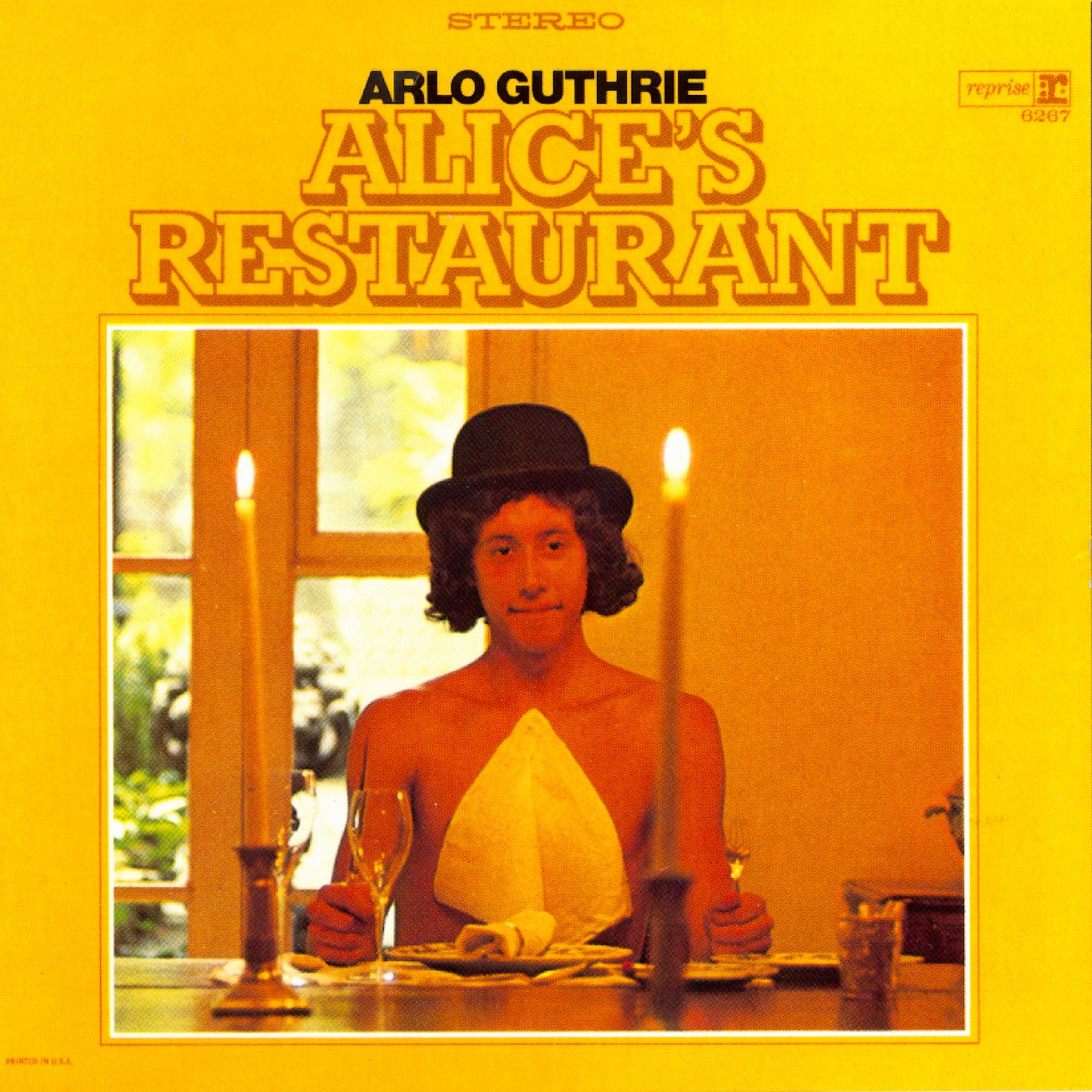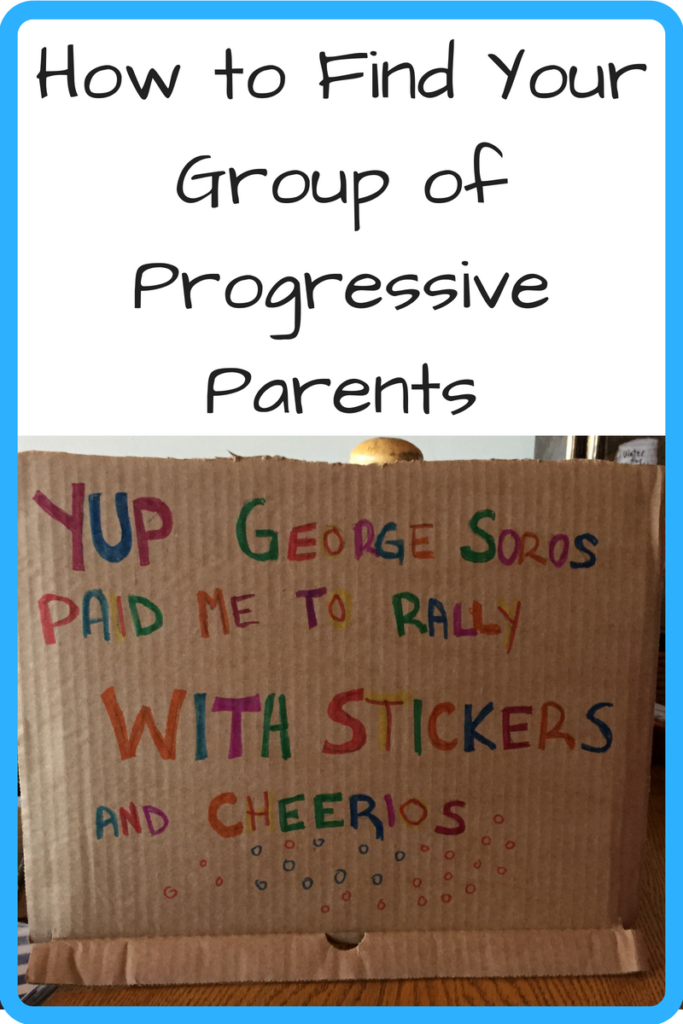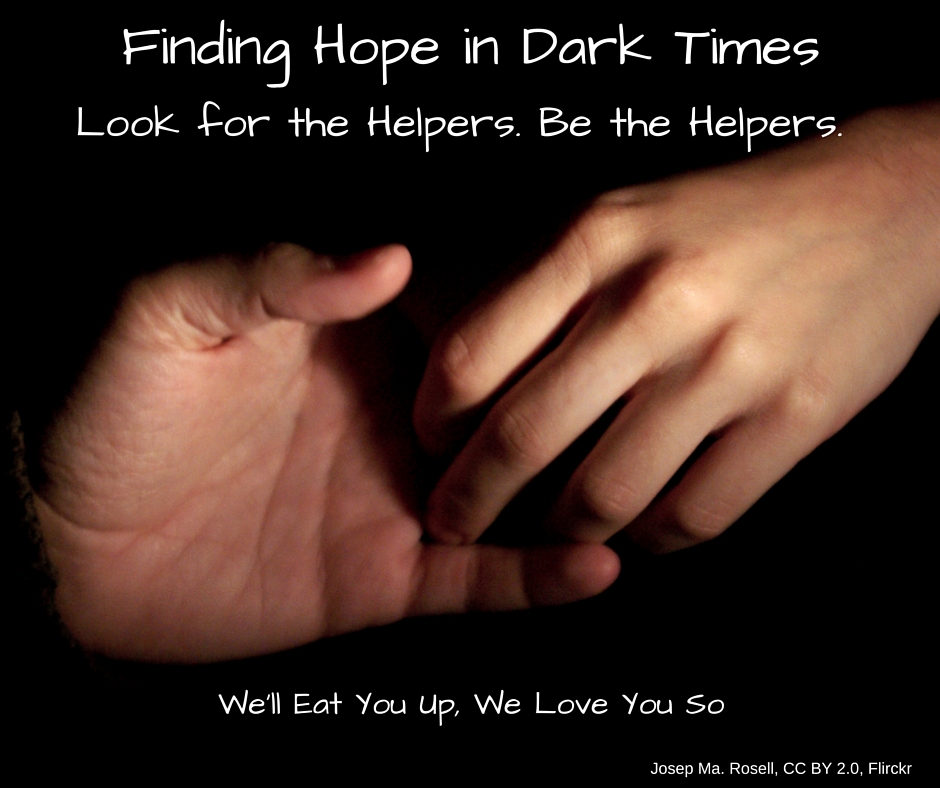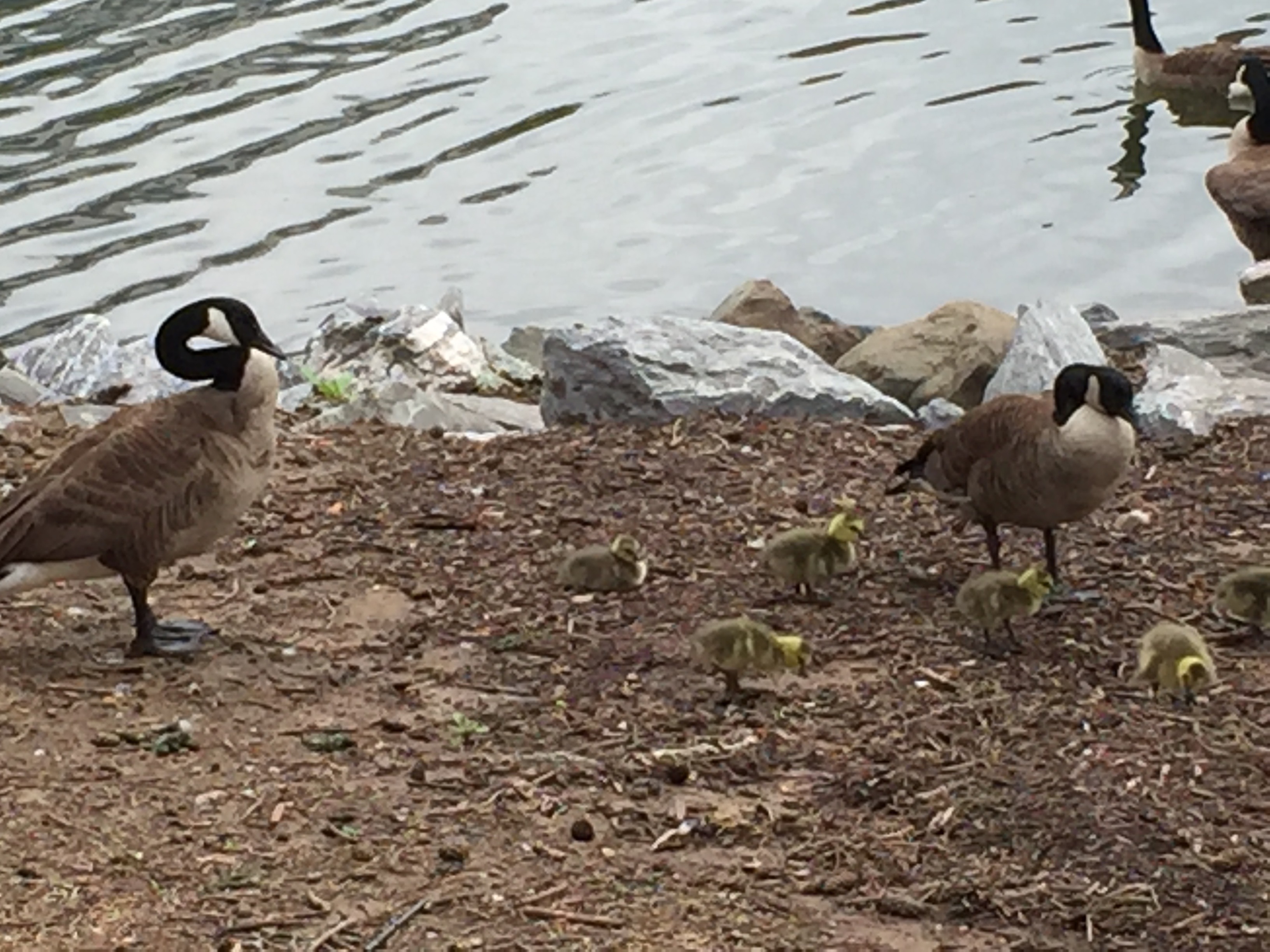Many people have favorite Christmas songs, but few have favorite Thanksgiving songs. But there’s one song that has been part of my Thanksgiving since I was very little: Arlo Guthrie’s Alice’s Restaurant. This sprawling protest song no doubt influenced my current-day activism as much as 50 Simple Things Kids Can Do to Save the Earth or actual politics. So of course, it will inevitably be part of my son’s childhood as well.

For those unfamiliar with it, Alice’s Restaurant is a 2 part, 18 minute saga supposedly based on truth, but leavened with a heavy dose of absurdity. The live version is the definitive one, where Arlo invites the audience to sing along and then berates them for not harmonizing correctly.
The story begins in the small town of Stockbridge, MA, which is so small that “they got three stop signs, two police officers, and one police car.” Before Thanksgiving dinner at his friend Alice’s house, Arlo and his friends decide to help her out by taking care of her garbage. But when they discover the dump is closed on Thanksgiving (one suspects there was some pre-meal non-food indulging), they take the logical step of throwing it over a cliff, to accompany somebody else’s garbage that’s already there. The next day, they get arrested and thrown in jail for littering, “the biggest crime of the last fifty years” in sleepy western Massachusetts. Despite the over-enthusiasm of the cops with their “twenty-seven 8 x 10 colored glossy photographs with circles and arrows and a paragraph on the back of each one,” the judge merely fines them $50 and makes them pick up the garbage.
The song then fast forwards to several years later, when Arlo has been called up for the draft in Vietnam. In a “building down in New York City called Whitehall Street … you walk in, you get injected, inspected, detected, infected, neglected and selected!” Because of his “criminal record,” he gets assigned to the Group W Bench, which he shares with all kinds of “mean, nasty, ugly-lookin’ people.” When he points out that the army is asking him if he’s moral enough to “burn women, kids, houses and villages after being a litterbug,” they tell him “We don’t like your kind! We’re going to send your fingerprints off to Washington!”
Needless to say, none of this is fare meant for little kids. But despite that, my family listened to it every year driving to my aunt and uncle’s house in New Jersey. We usually tried to catch it on Q104.3, the New York City rock station that always plays it at noon. If we were delayed, we’d put in the battered Best Of cassette and also listen to The Motorcycle Song (which manages to be much, much sillier). It became part of my Thanksgiving tradition as much as turkey and my mom’s mushroom dip.
Obviously, I didn’t understand the song at all at first. I just liked singing along to the catchy chorus. But as I got older, it was one of my first introductions to anti-war messages. I think it was particularly effective because the messages are embedded in a funny, specific story and so become universal. Rather than critiquing the injustice of the Vietnam War specifically, it frames war itself and our approach to it as fundamentally absurd, as ridiculous as taking aerial photography for prosecuting littering. That combination allowed it to transcend its very 1970s context to appeal to me, a girl growing up in the pre-War on Terror 1990s.
And appeal it did. As I grew older, my interest in politics intensified, to the point where I was actively interested in educating others on it in high school. Singing along at Thanksgiving became an act of rebellion, not against my parents, but a corrupt political system that hadn’t changed all that much since the song was released. As the phrase “The personal is political” began to resonate, I realize now it was one of the first things I was exposed to where a personal story (albeit an exaggerated one) was used to make a political point. In the modern day of Tumblr where everyone has a personal/political story to tell, Alice’s Restaurant stands out as a great example of how to do it right.
I think it also shaped my opinions on how political change can and must happen. There’s a great line in the comic book Phonogram (which is all about the power of music) that “the only way for a revolution to succeed is to be more fun than the alternative.” While it comes from a morally ambiguous character, I agree with her. Activism can be exhausting and depressing, something that doesn’t really inspire people. To get people to want to change requires painting a picture of a future that’s better than the current one – more attractive and ideally, more fun. It’s very clear in the song that the hippies are the ones having a hell of a lot more fun than the stuffy, authoritarian police officers and draft recruitment staff. Similarly, it showed me how art can be political. While I got a crash course in using theater to do activism when I participated in the “Stop Shopping chorus” singing Anti-Corporate Christmas Carols in grad school, Alice’s Restaurant was my original introduction to the concept.
Needless to say, this song was one of the touchstones of my life, especially my activism. Although I hope it can be for Sprout as well, I don’t want to force it. We’ll just play it on Thanksgiving and leave it to him to figure out significance it will have in his life. While Arlo sings, “You can get anything you want at Alice’s Restaurant,” I know that I already have.









